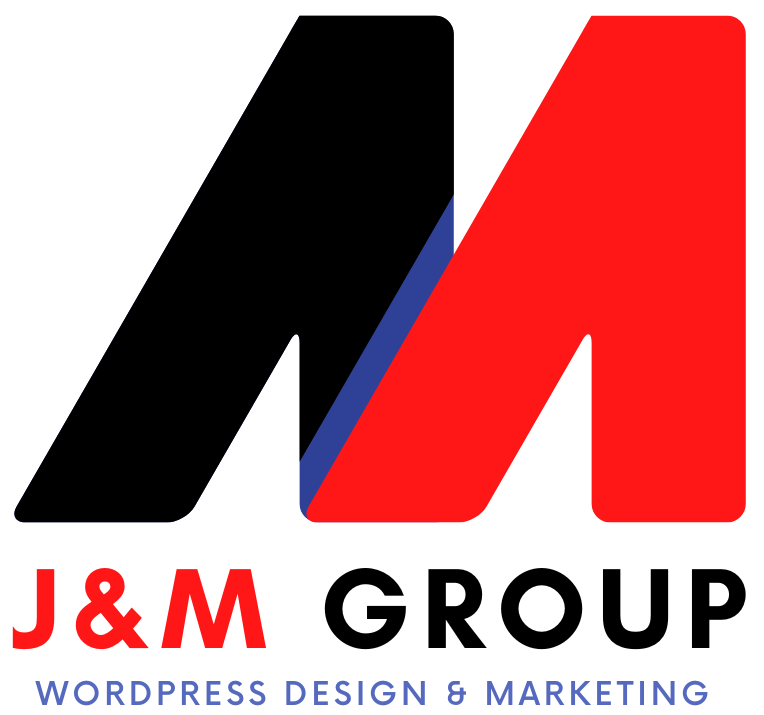
“Meta tags are a great way for webmasters to provide search engines with information about their sites. They can be used to provide information to all sorts of clients, and each system processes only the meta tags they understand and ignores the rest. They are added to the <head> section of your HTML page. “ – GOOGLE
SEO jargon and search terminology can be very overwhelming, particularly when you start talking to an “expert” in the field! So it’s important that business owners know the basics of on-page SEO so they can do some of it themselves.
Start with the single most important on-page SEO element: the <title> tag.
The <title> tag defines the title of the document and is required in all HTML/XHTML documents. SEOmoz, the largest SEO community in the world, believes that it is the single most important on-page SEO element (behind overall content). The title tag appears on the results pages just above the URL and also appears at the top of a browser.
 Titles give users a quick insight into the content of the web page and how it might be relevant to their query. It is often the primary piece of information with the meta description that is used by potential visitors to decide which search result to click on, so it’s important to use high-quality and meaningful titles when you optimise your web pages.
Titles give users a quick insight into the content of the web page and how it might be relevant to their query. It is often the primary piece of information with the meta description that is used by potential visitors to decide which search result to click on, so it’s important to use high-quality and meaningful titles when you optimise your web pages.
Title tags generally should be less than 70 characters long so the whole tag fits on results pages when it is displayed and people can read it at a quick glance.
Every title tag on your website should be unique with distinct, descriptive titles for every page on your site.
Use keywords in title tags and place important keywords close to the front of the title tag. Search Engines will “bold” (or highlight) those terms in the search results when a user has performed a query with those terms.
Avoid keyword spamming. There is no reason to have the same words or phrases appear multiple times.
Google recommends titles include your brand so include your site name at the beginning or end of each page title, separated from the rest of the title with a delimiter such as a hyphen, colon, or pipe.
What is a meta description tag?
Title tags and meta descriptions are important elements of your website’s content. Like the title tag, meta description tags should include keywords relevant to the content of the web page they describe. This helps Search Engines understand what the page is about and index your web pages accordingly for relevant keywords or keyword phrases.
Matt Cutts, Google’s head of Webspam announced in 2009 that neither meta descriptions nor meta keywords factor into Google’s ranking algorithms for web search. However, he stresses that it is still important to write a meta description as Google will sometimes use the summary in search results snippets (located below the URL) if the Search Engine believes it is an accurate synopsis of the page.
– By Marcia Coffey
Find Marcia on Google+
Call Marcia at 561.906.3436
